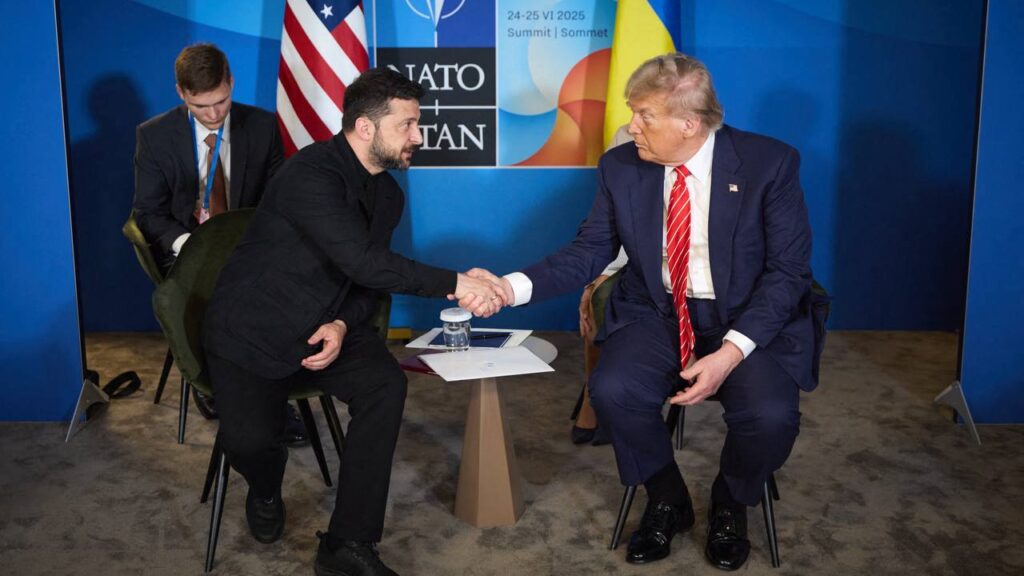The conservative National Alliance has won the Finnish parliamentary elections with 20.8 per cent of the votes, according to Finnish public broadcaster YLE. The right-wing populist Finns Party finished second with 20 per cent, with almost 100 per cent of ballots cast counted. The Social Democratic Party, led by Prime Minister Sanna Marin, is in third place with 19.9 per cent of the vote.
Based on the results, the National Alliance has won 48 seats in parliament, followed by the Finns Party with 46 seats, and the Social Democratic Party with 43 seats. ‘Do you know what this is? This was a victory!’ Petteri Orpo, the president of the National Alliance, greeted his supporters when he announced his party’s victory in the elections. In his speech, Orpo emphasised that his party will lead the coalition negotiations, and named the restoration of the economy and the establishment of a NATO-style Finland as the most important tasks for the next government.
Sanna Marin acknowledged her defeat, but highlighted that her party, the Social Democratic Party, has strengthened compared to the previous elections. ‘This is a really good result, even if I didn’t finish first today,’ she told her supporters gathered in Helsinki. Riikka Purra, the president of the Finns Party (PS), described the election result as excellent, and named immigration and public safety as their priorities in a possible coalition government.
Right-wing Coalition Most Likely Scenario
Since no party has won an absolute majority, a coalition government is expected, which is common in the country. However, it is not yet clear exactly what kind of alliance will be established. The two major right-wing parties may form a coalition, but based on the results, this would not be enough for a parliamentary majority, so they would have to include smaller parties, such as the Christian Democrats, who won five seats, or the liberal Movement Now, which is expected to win at least one seat. Since the last election in 2019, the government coalition has been made up of five parties: Sanna Marin’s Social Democrats, the agrarian Centre Party, the Greens, the Left Alliance, and the Swedish People’s Party. Although the Social Democrats have strengthened since the last election, their coalition partners have weakened significantly, so they can currently count on 99 seats out of 200, one seat short of a parliamentary majority, instead of the previous 117 seats.
A Win Streak of Conservatives in Europe
In recent years, conservative parties across Europe have seen significant electoral victories, often driven by concerns over immigration, economic issues, and a desire for more traditional values.
One of the most significant victories came in the United Kingdom in 2019, when the Conservative Party, led by Boris Johnson, won a landslide victory in the general election, gaining an 80-seat majority in the House of Commons. This allowed Johnson to push through his Brexit deal and take the UK out of the European Union.
In Austria, the conservative Austrian People’s Party (ÖVP), led by Sebastian Kurz, won the 2019 general election with 37.5 per cent of the vote, the highest percentage of any party since 2002. Kurz went on to form a coalition with the Green Party, which marked the first time a conservative party had entered into a coalition with a left-leaning party in Austria.
In Hungary, the conservative Fidesz party, led by Viktor Orbán, has been in power since 2010 and has won multiple elections with large majorities.
In Poland, the conservative Law and Justice Party (PiS), led by Jarosław Kaczyński, won a second consecutive term in the 2019 parliamentary election, gaining a majority in the lower house of parliament. The PiS has been known for its social conservatism, opposition to abortion and LGBT rights, and Eurosceptic policies.
In Finland, as mentioned earlier, the conservative National Coalition Party (NCP) won the most recent parliamentary elections in 2023, gaining 20.8 per cent of the vote and 48 seats in parliament. The NCP has emphasised its commitment to improving the economy and national security, and has been a vocal advocate of Finland’s NATO accession.
On 25 September 2022, Italy held early general elections after the collapse of the government led by centrist technocrat Mario Draghi. With 26 per cent of the vote, the right-wing conservative party of Giorgia Meloni’s Brothers of Italy became the leader of a centre-right coalition government and Meloni Italy’s first female prime minister. Meloni’s victory was especially significant considering that her party had received only 4 per cent of the vote in the previous election.
These victories demonstrate the enduring appeal of conservative values in Europe, as well as the importance for a growing segment of Western societies of issues like immigration and national sovereignty.








